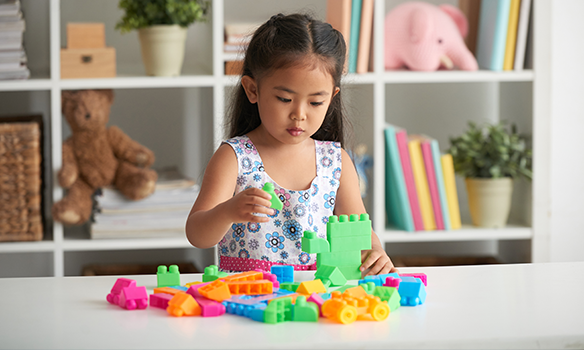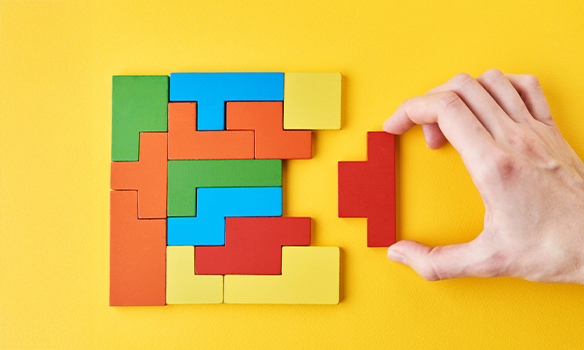Cracking the Code: How Strong Numeracy Skills Shape Future Success in Math and Beyond
In today’s increasingly data-driven world, numeracy is no longer just a classroom subject — it’s a fundamental life skill. Children who develop strong math and numeracy foundations early are better equipped to solve problems, think critically, and handle real-world challenges — from budgeting pocket money to coding a computer program.
In this blog, we’ll explore what numeracy means, why it matters, how it differs from math as a subject, and how Indian parents can actively support numeracy development at home. Whether your child is just starting to count or preparing for Olympiads, this blog will help you decode the power of strong numeracy skills.
What Is Numeracy?
Numeracy is the ability to understand and work with numbers in everyday contexts. It includes:
- Counting and recognizing numbers
- Understanding patterns and sequences
- Comparing quantities and estimating
- Applying mathematical operations in real-life scenarios
It’s not about memorizing multiplication tables alone — it’s about learning to reason with numbers.
The Difference Between Numeracy and Mathematics
Mathematics is the academic study of numbers, formulas, structures, and shapes. Numeracy, on the other hand, is practical. It helps a child decide:
- Is this grocery deal actually better?
- How do I divide 12 cupcakes fairly among 5 friends?
- If I have 300 rupees, can I buy 3 toys of ₹99 each?
Numeracy turns academic math into useful life tools.
Why Numeracy Skills Matter More Than Ever
- Problem Solving Skills: A numerate child can logically approach problems — both academic and real-life.
- Better Academic Results: Numeracy is a strong predictor of performance across subjects, not just math.
- Confidence and Independence: Children who grasp numerical concepts early tend to be more independent in thinking.
- Career Opportunities: From finance to science, most high-growth careers depend on math-related thinking.
Red Flags That Your Child May Be Struggling With Numeracy
- Constantly uses fingers for basic addition or subtraction
- Difficulty telling time or handling money
- Trouble understanding math vocabulary like “more than,” “less than,” or “difference”
- Cannot explain how they arrived at an answer
- Is afraid of word problems or avoids math homework
If you see any of these, don’t panic — numeracy can be developed with the right approach.
How Numeracy Is Taught at Little Genius
At Little Genius, our Math World program is built on one core belief: children learn best when they understand the 'why' behind the 'what.' That’s why we emphasize:
- Conceptual learning: No rote memorization. Children learn through real-world contexts — like measuring ingredients or understanding distance and time.
- Visual aids: Number lines, cubes, counters, and puzzles.
- Mental math: Encouraging children to estimate, round off, and find shortcuts.
- Games and play: Math board games, logic challenges, and timed drills that make math fun.
Everyday Numeracy: What Parents Can Do at Home
You don’t need to be a math expert to help your child. Try these activities:
- Involve Them in Shopping: “If we buy 2 mangoes for ₹80, how much for 6?”
- Use Recipes: Ask children to double or halve recipe quantities.
- Play Math Games: Ludo, Uno, Monopoly — all require counting and strategy.
- Estimate and Measure: Guess how many steps from the kitchen to the bedroom. Measure to check!
- Ask Math Questions: Instead of telling them the answer, ask, “How did you figure that out?”
Numeracy and Technology: When Screens Help
Contrary to popular belief, not all screen time is bad. Educational math games and platforms like Prodigy, Cuemath, and Math Seeds can enhance numeracy — if used in moderation.
Set screen time rules, guide them on usage, and sit with them occasionally to see how they think through problems.
Numeracy in Indian Education: The Need for Change
Unfortunately, many schools still rely on outdated methods — focusing on procedures over understanding. Exams reward speed over logic. Parents are often unaware that numeracy is not the same as scoring well in math exams.
At Little Genius, we’re helping bridge this gap through:
- Small group sessions
- Hands-on activities
- Custom math pathways for each child
- Olympiad-level preparation
Olympiads and Beyond: Taking Numeracy to the Next Level
Participating in Olympiads like the MaRRS Math Bee gives children a chance to:
- Tackle real-world puzzles
- Think under pressure
- Compete nationally and internationally
- Build grit and confidence
It’s not about winning. It’s about exposure.
Final Thoughts: Build a Numerate Child, Build a Strong Thinker
Math anxiety is real, and it often begins with poor numeracy foundations. If your child can reason with numbers, they’ll not only do well in math — they’ll do well in life.
Investing in numeracy is not just about school marks. It’s about giving your child the toolkit to think, solve, and lead in a complex world.
Related Blogs

Early Learning in Nagpur: Using Phonics and Math to Build Strong Foundations for 3-Year-Olds








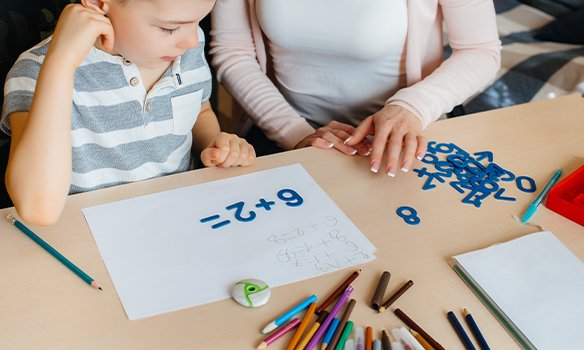

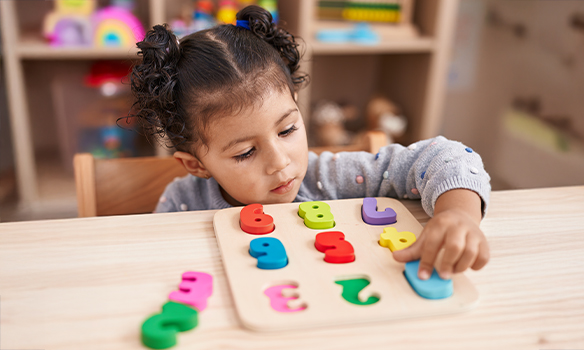









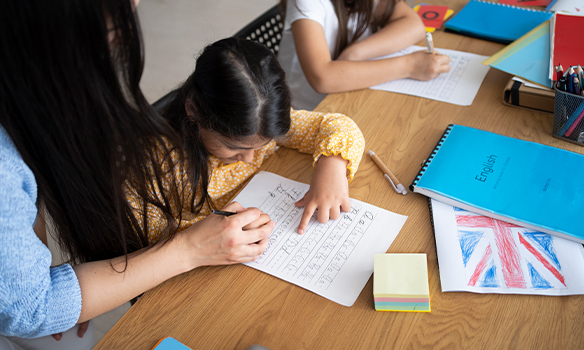











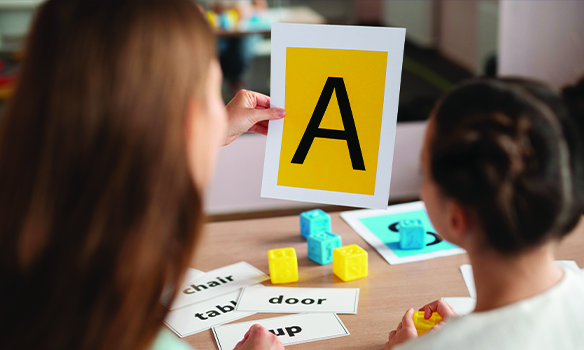















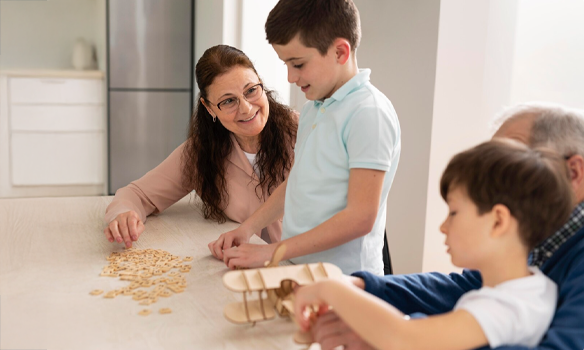













.jpg)


